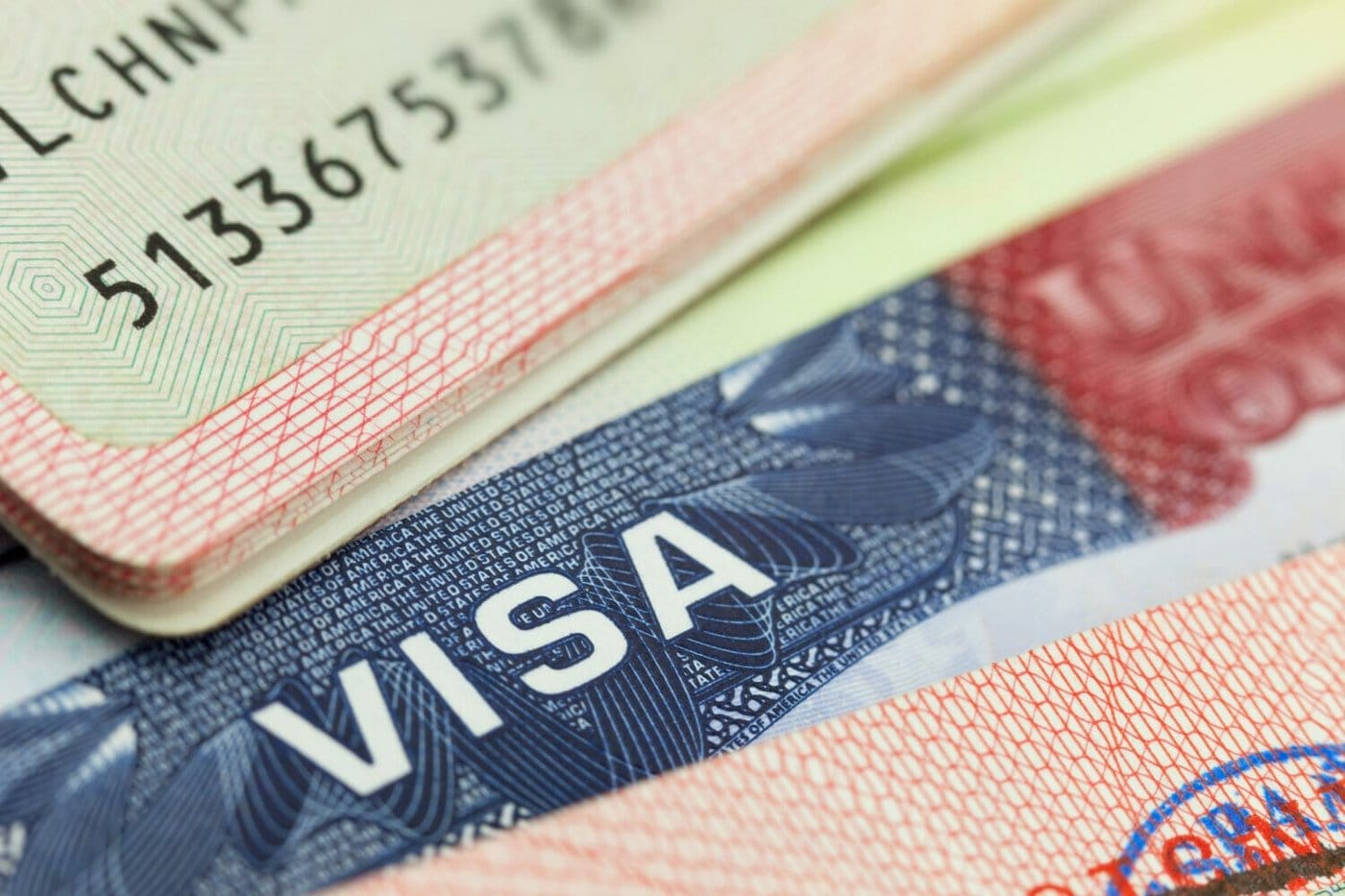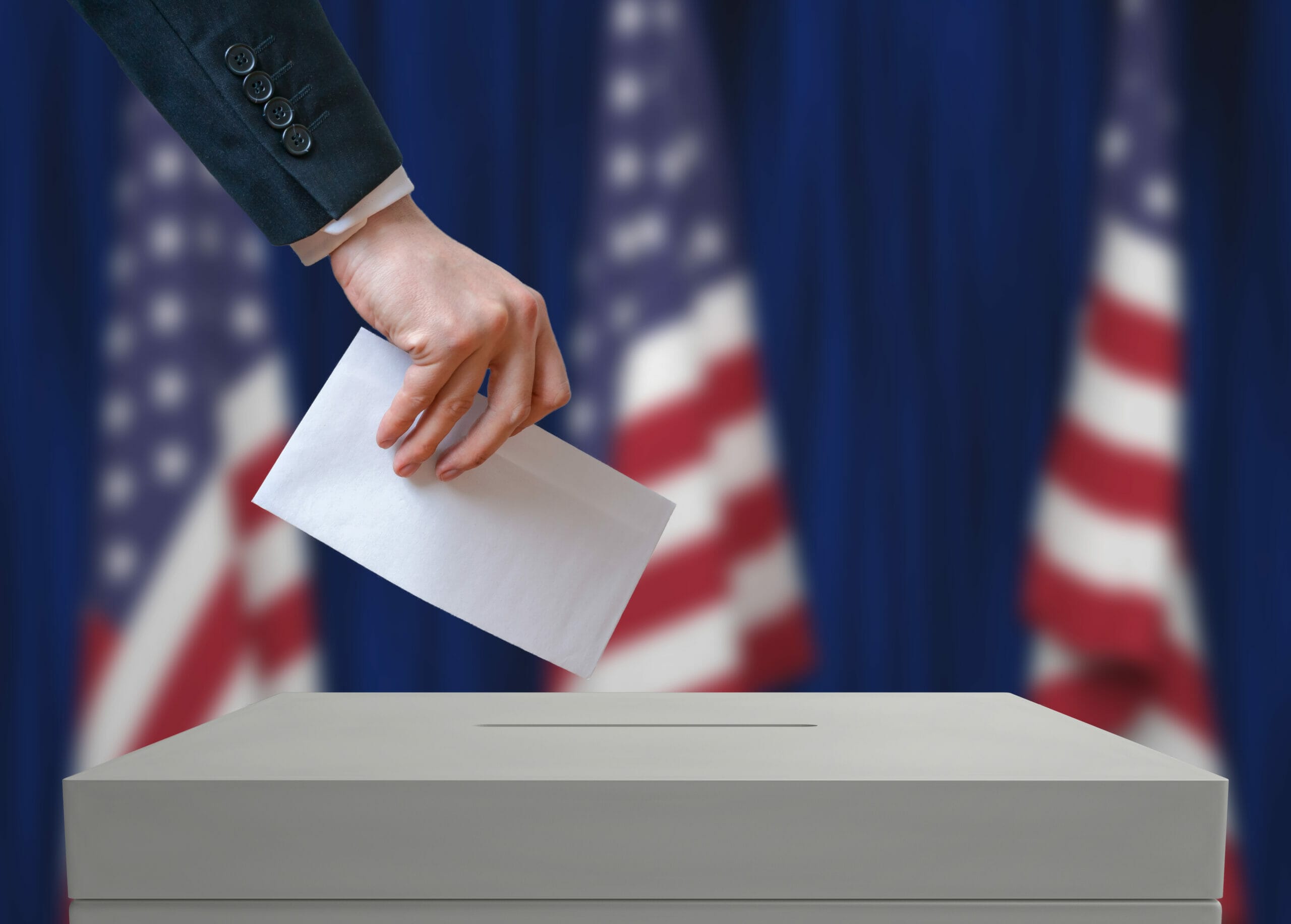
The H-1B work visa program is a vital component of the U.S. labor market, connecting global talent with American businesses in pursuit of innovation and competitiveness. Despite its popularity, the H-1B program has long been a subject of debate, with critics raising concerns about potential abuse and the need for reforms to ensure it aligns with the nation’s economic priorities and workforce dynamics.
As we look ahead, what positive changes can we expect for the H-1B program in 2024 and what challenges should H-1B workers and their employers prepare for in the months to come?
A More Digital Approach
USCIS has made it a priority to modernize and improve the H-1B program, with several updates coming in 2024 that will make the application process more electronic.
In early January 2024, USCIS announced the launch of organizational accounts and online form filing for H-1B cap seasons. Organizational accounts will allow multiple individuals within a company, including their legal representatives, to collaborate on tasks like H-1B registrations and form filing. In addition to organizational accounts, USCIS said it will implement online filing for Form I-129 (Petition for a Nonimmigrant Worker) and Form I-907 (Request for Premium Processing Service) in early 2024.
Organizational accounts and online filing for crucial H-1B forms are part of a wider USCIS initiative to digitize the entire H-1B system in the years to come. You can learn more about these upcoming changes here.
Lottery System Changes
2023 saw a staggering 781,000 H-1B registrations, prompting questions of potential abuses of the H-1B system and leading many in the industry to push for a more equitable selection process.
In 2024, USCIS is likely to explore modifications to the current lottery system, including changes to a one-entry-per-person model. This shift towards unique beneficiaries rather than unique registrations would reduce the chances of multiple entries by the same individual. Updates to the lottery system could level the playing field and increase opportunities for a wider range of applicants.

Bringing Renewals Stateside
The H-1B renewal process could also get a lot simpler in 2024, thanks to the Department of State’s (DOS) pilot program for stateside H-1B visa renewals. The program will allow select H-1B visa holders to renew their visas in the United States, rather than have to travel to their home countries for a new visa stamp.
The program represents a significant change in the visa renewal process, providing a more straightforward approach for certain H-1B holders to maintain their status. Eliminating international travel for visa stamping would reduce the chances of administrative delays abroad, a common problem in the current H-1B system. The program will run from January 29 to April 1, 2024. Learn more in Boundless’ guide.
Preparing for Fee Hike
2024 could also bring higher costs for the H-1B program and make it more expensive for U.S. employers to hire H-1B employees in the months to come. In 2023, USCIS issued a proposal to increase filing fees for nearly every visa category — H-1B visas included. Nearly one year later, USCIS’ Final Fee Rule has cleared White House review, meaning the agency is one step closer to rolling out significant changes to its fee structure.
If the 2023 proposal is finalized, the H-1B cap lottery registration fee would jump from $10 to $215. Form I-129 would also increase, from $460 to $1440 for H-1B petitions.
Given that it’s been eight years since the last fee adjustment, the Administration may fast-track the finalization of this rule. This means that new fees for the H-1B process could go into effect as early as summer 2024. This is a developing story that we’re tracking closely. Stay tuned to our USCIS fees guide for timely updates.

What a Second Trump Term Could Mean
As the presidential election season ramps up, experts in the business immigration space are starting to discuss what a potential second term for Donald Trump could mean for the future of the H-1B program.
If reelected in 2024, Trump has promised a harsh crackdown on legal immigration and work visa programs, with new restrictions that could significantly affect sponsoring employers and drive foreign talent out of the U.S. The H-1B program in particular would be in the crosshairs. Trump’s reelection could mean higher denial rates for H-1B petitions, greater hurdles for foreign-born scientists and engineers interested in U.S. job opportunities, and increased scrutiny on the definition of “speciality occupations” for sponsoring employers.
After Trump took office in 2017, H-1B denials for first-time petitions skyrocketed and many existing H-1B holders were forced to leave the country over complications with their visa extensions.
Boundless tip
If you’re an HR professional or company leader looking to hire international talent, get access to our business immigration solutions and in-house legal team here.